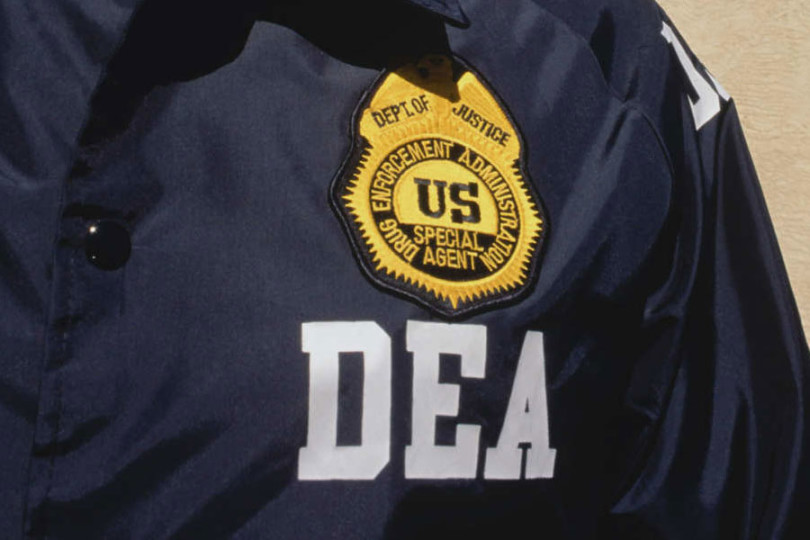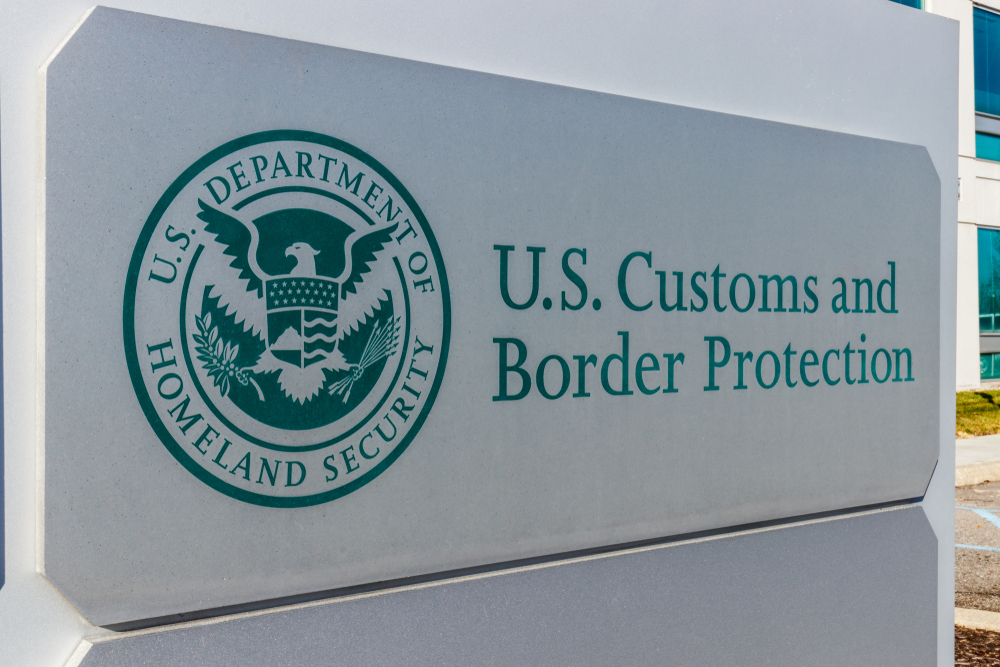
Little did we know that these Cannabis Sativa L plants were cousins to a variety that would swamp the country, defy law enforcement for the next half century, and become the root cause of countless murders and violent crimes and the most widely used illegal drug in the world.
Awhile back, this column weighed the pros and cons of legalizing marijuana. The conclusion was that the unknown medical effects and health dangers of continued usage of today’s marijuana with its greatly increased THC content as well as the potential for escalated use particularly by America’s youth made legalization a bad idea. Some readers probably doubted the conclusion’s objectivity coming from a career drug prosecutor but that’s what I continue to think.
The continued prohibition of hemp cultivation and manufacturing, however, poses an entirely different set of questions.
The hemp plant has a long and storied history. It was used in the Neolithic Age in China to make paper more than 10,000 years ago. Its hardy nature and versatility spread its cultivation until it became one of the most produced agricultural plants in the world.
Its uses ranged widely from ropes on ships, clothing, food, and dozens of other products. It is claimed that Columbus’s ships’ riggings, the Gutenberg Bible, the paper on which the Declaration of Independence was written, and the first American flag were all made of hemp products. George Washington and Thomas Jefferson were hemp farmers.
During World War II hemp was used to make uniforms and for other military products. The government considered it so important to the war effort that it produced a film entitled “Hemp for Victory” in 1942. Some irony there.
Hemp’s industrial future crashed in 1970 by its inclusion with marijuana as a Schedule I controlled substance which was illegal to grow, sell or possess. Its close relationship to marijuana plants and the possibility of its use as a recreational drug perhaps made that a not unreasonable policy decision at the time.
There was limited scientific understanding of the psychoactivity of Cannabis varieties in 1970 and, even if that had been known, the difference of THC content between the two was not as dramatic as it is today. Ann Arbor pot dealers, when confronted with a dearth of product to sell to University of Michigan students were known to travel to Iowa, cut up some ditch weed, bag it up and sell it to eager consumers. Considering the low THC content, they would have had to share some monster joints for many hours on the Quad to get high. But they still bought it.
Today hemp weed still averages about ½% THC, not enough to produce a psychoactive effect. Although marijuana plants averaged about 1% in the 1970s, they can easily exceed 20% today. Plus hemp contains cannabidiol which some scientists believe has an opposing effect both pharmacologically and behaviorally to THC. But these were unknowns in 1970.
Whether it was a reasonable policy at the time to prohibit the production of hemp I will leave to others to debate. Perhaps today’s retrospective analysis of hemp’s aborted future is exaggerated. Maybe hemp’s day was essentially done, and it would have had limited impact in a more complex world of synthetics and agri-business.
But today 30 countries in the world still allow industrial hemp cultivation, and some, like France, Great Britain and Canada, report that in the last two decades it has made a resurgence and that today’s hemp economy has increased by several times. Canadian farmers in particular would be unhappy if their southern neighbor lifted its prohibition. Hemp enthusiasts today claim that the product has an unlimited economic future.
Nine states from Vermont to California have passed legislation to make hemp production legal, at least with the consent of the federal government. Some farmers in Colorado have put in their first crop using seeds smuggled into the country. They are gambling that DEA will not enforce federal law by arresting them and seizing their farms for forfeiture. Several bills have been introduced in Congress to legalize hemp production, but all of them have died with little support because of the opposition by DEA and the Obama administration.
The best argument for this opposition appears to be that hemp cultivation would allow pot growers to camouflage their plants by hiding them among the hemp plants and thereby make detection difficult.
I’m no agronomist but one problem with that argument appears to be that marijuana plants require the elimination of all male plants in order to prevent the pollination that will fertilize the female plants and greatly reduce the THC production. Placing those plants in a hemp field would result in a greatly weakened potency. In today’s market of consumers who demand much greater potency, that seems to be an unwise business move most savvy pot growers would avoid.
Similarly, hemp plants look different than pot (they’re taller) and are grown differently (closer together). Distinguishing between the two varieties has apparently not been a problem for European Union regulators where hemp production is legal.
Moreover, there are controls which could be put in place to regulate hemp cultivation. These include requiring farmers to plant only by contract with the regulatory agency, use only low THC seed, and maintain open fields subject to surveys and checks of THC content. The costs of such regulation could be borne by an excise tax on farmers.
DEA is faced with formidable challenges enforcing America’s drug laws. Agents have rightfully focused on traffickers who use violence and destroy neighborhoods, as well as concentrating on areas like synthetic drugs and prescription drug abuse where the population is especially vulnerable and the use at an epidemic and dangerous level. Under-resourced and confronted with crises on many fronts, continuing the stated policy that hemp farmers are at risk from a squad of agents deployed to enforce an outmoded statute seems to be a fiction that only encourages cynicism toward federal law enforcement.
My dad has no plans to convert our corn and soybean fields to hemp regardless of developments in Washington, but with all the battles DEA and the Justice Department are battling fighting about ditch weed seems like an unnecessary distraction.





